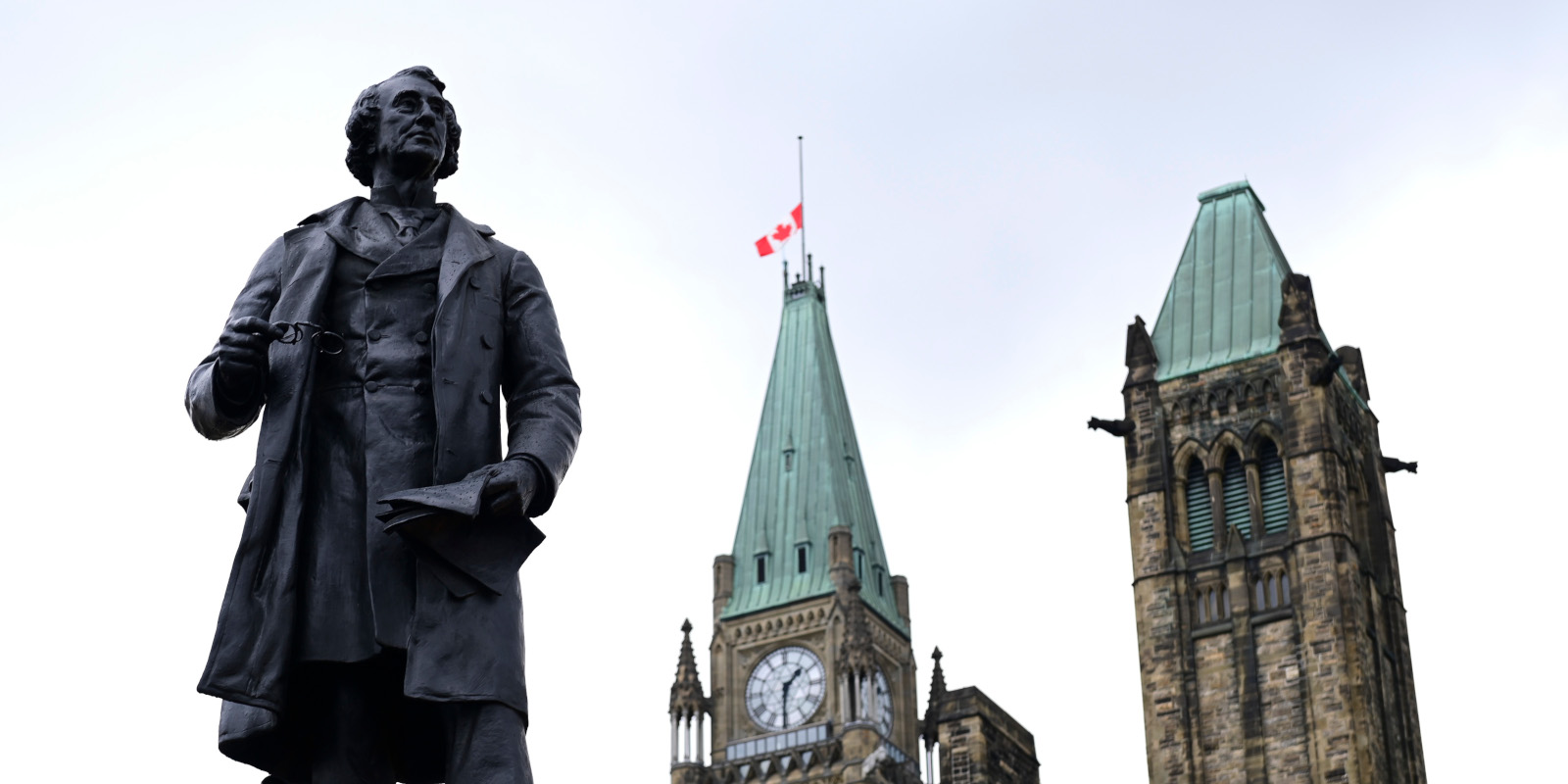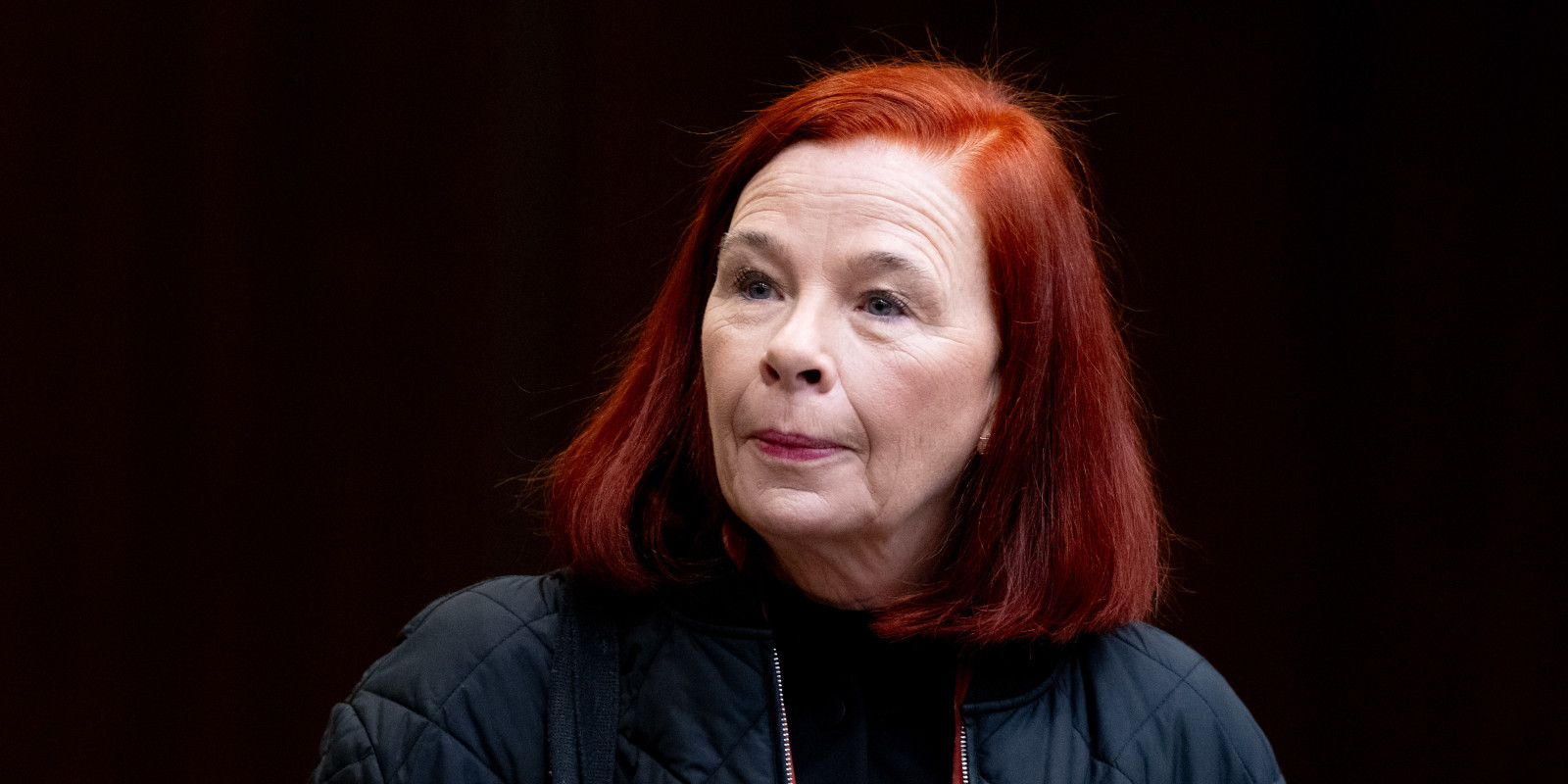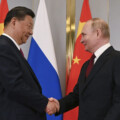At first blush it can seem like an oxymoron, but some of liberalism’s biggest defenders are conservatives. This is because, as Washington Post columnist George Will helpfully explains in a recent Hub Dialogue, conservatism is contextual, and North American conservatives are in fact conserving the classical liberal ideals and principles that have undergirded the systems and successes of our countries since their foundings.
The Hub‘s editor-at-large Sean Speer spoke with George Will prior to his appearance at the Munk Debates on November 3rd where he defended the notion that liberalism gets the big things right. The two discussed the nature of North American conservatism and the current state of the Republican Party in America. Below are three key insights from their conversation.
1. North American conservatives are….liberals
“European conservatism was born in defence of stasis and hierarchy, blood and soil, throne and altar, in the stained-glass minds of conservatives. In North America, it’s very different. Americans welcomed the churning that dissolves natural hierarchies. They welcomed the fluidity of life and the uncertainty, the lack of tidiness and control; certainly the lack of ranks, the lack of all natural hierarchies. Classical liberalism wants a hierarchy—but a hierarchy of meritocracy. One that determines that careers are open to talents, and talents evenly distributed through society. North American conservatives—I know our terminological confusion, it’s too late. That ship has sailed. But conservatives are classic liberals.”
2. Oppressor-oppressed ideology leads to extremism and violence
“Clearly, it seems to me illiberal ideas have given rise to astonishing sympathy, among people who should know better, for the predatory sadism of Hamas. The idea is this: that we should all look at society not as composed of individuals but of groups. The groups are either oppressive oppressors or the oppressed. Once you reduce the world to this simple binary, you’re on the way to extremism, because that gives people the ability to say, ‘Ah, okay, well, the Palestinians are oppressed. The Israelis are the oppressors. Therefore, the oppressed can do no wrong, and certainly no wrong to the oppressors.'”
3. When it comes to politics, boring is better
“A lot of people—and particularly young people—are drawn away from liberalism because liberalism is boring. Liberalism is pedestrian. Liberalism doesn’t claim to be on the right side of history. Liberalism indeed says history doesn’t have a side and it doesn’t take sides. Liberalism isn’t exciting. The way you would refute that is give them a course on the history of the 20th century. It was a blood-soaked century precisely because we had exciting politics. We were going to produce a new Soviet man, a new German man, all kinds of glittering things. When in the 20th century, in the 1930s particularly, when Stalin was imposing terror on his country, a lot of his Western apologists said, ‘Well, you can’t make an omelet without breaking eggs,’ to which Orwell’s withering reply was, ‘Where’s the omelet?’ The omelet is always tomorrow, and tomorrow is always a day away.”

Listen to George Will’s full interview with The Hub’s editor-at-large Sean Speer on the audio player below or on your favourite podcast app.
If you enjoy Hub Dialogues, be sure to check out more insightful commentary on The Hub’s YouTube page:
Recommended for You

Ginny Roth: J.D. Vance, Pierre Poilievre, and how they slice their economic pie

David Polansky: As President Biden leaves the race, will the Democratic Party hodgepodge hold?

RCMP spending to protect MPs may have risen 112% since 2018, as Canadian politicians face greater rise in threats

Trevor Tombe: Canadians are paying billions in hidden taxes on new homes










